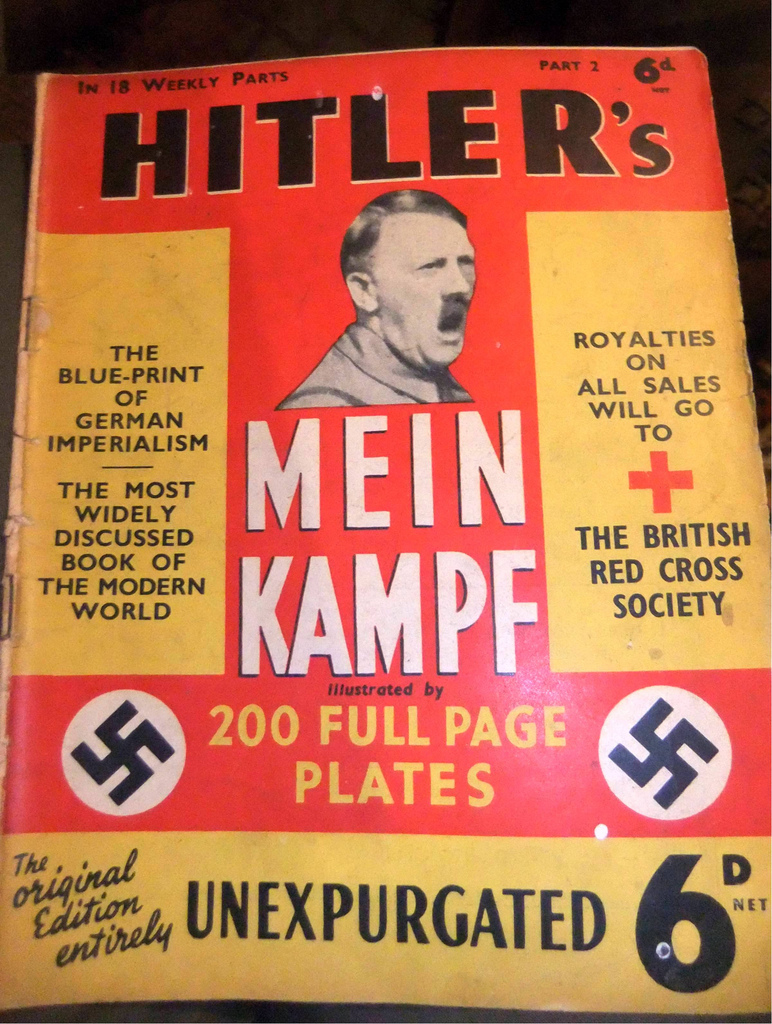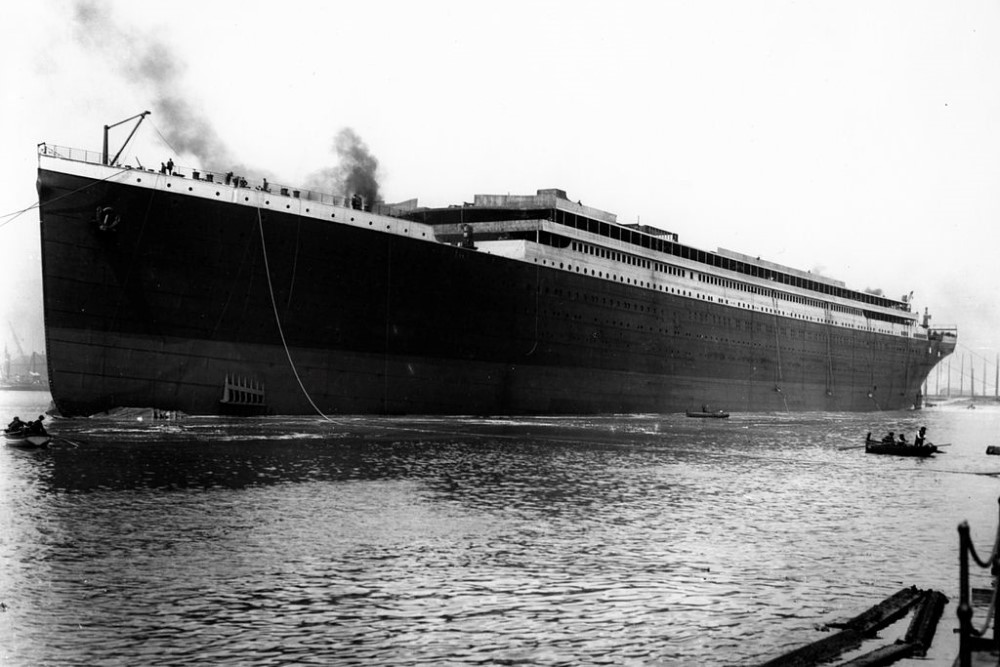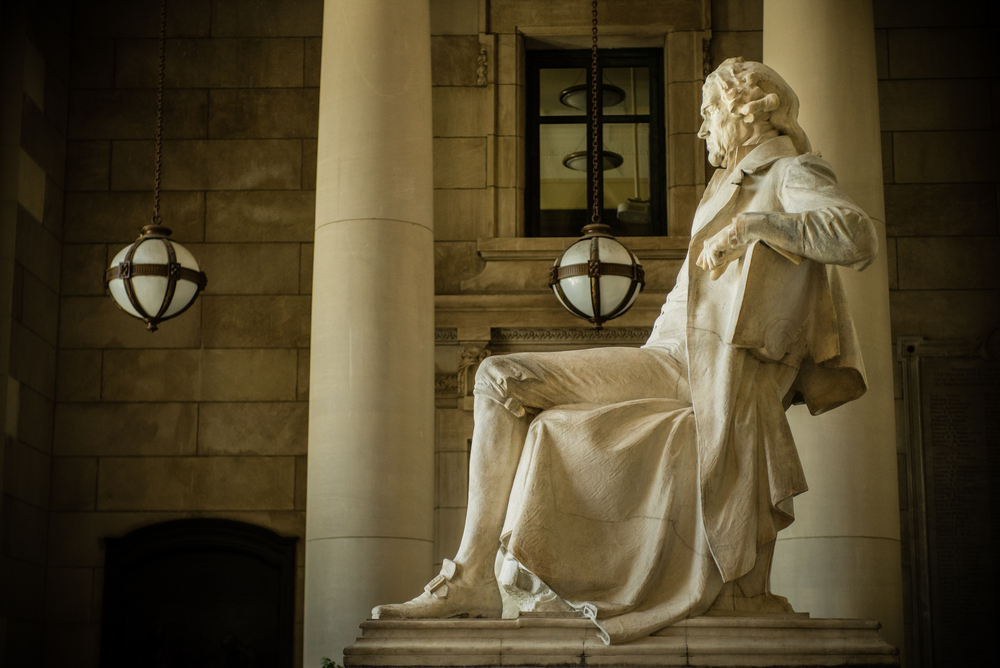Mein Kampf and German Censorship
Part of Post-World War II policy in Germany was to ban Nazi propaganda and symbols from being displayed. This includes propaganda from the Nazi regime that we commonly see in museums or is shown in history classes. While I found German Holocaust and history museums to be largely well-done and factual despite the restrictions, containing acknowledgment of wrongdoing, one has to wonder whether the ban may actually go too far and be detrimental to education. History has a tendency to repeat itself, and the accepted way to prevent this repetition is to educate the next generations about the past. Germany’s policy is now confronted with that educational and moral dilemma over Nazi texts from an academic perspective.
Today, for the first time in 70 years, Adolf Hitler’s Mein Kampf was sold in Germany. In 1945, the Allies banned the book. The copyright has since expired, and the text is now considered part of the public domain and no longer banned, which prompted historians to compile a new edition. The new publication contains critical academic notes, which makes the text more academic than ideological propaganda. Without the republication, only unannotated versions of the text from before the war would exist in Germany; arguably, this could foster the ideology more than a republished version that contains analysis. Scholars have acknowledged that the piece is crucial to understanding the rise of Nazism in Germany and Hitler’s rule. By allowing the book to be published, the power of the text is stripped because there is nothing separating it from any other “incoherent and badly written rant,” in theory. When a symbol loses its allure and power, the ideology it represents will lose sway as well. While some Jewish leaders say that the text will assist with preventing anti-Semitism by more thorough education, others say allowing the publication is an insult to Holocaust survivors. Some argue that releasing it during a time of xenophobia and right-wing political shift in Europe resulting from the migrant crisis is unwise, as it may encourage more radical factions, some of which have adopted Nazi symbols already. It is argued that historians and academics have relatively easy access to the text, so there is no reason to open access to the general public. However, this argument creates an ethical dilemma about whether it is right to restrict texts to only those that are deemed qualified to view them.
The question of ethical censorship is also a consideration. The German laws that ban Nazi symbols under incitement-to-violence laws can be considered for the public and global good. German nationalism has a distinct history of involving ethnic differentiation – creating a sense of a superior “German” culture versus the “Other” – and these laws ban a huge swath of that problematic nationalist ideology. However, others have argued that the ban of Nazi symbols infringes on free speech and prevents education. Most Germans do not regard it as an infringement, but rather as insurance that free speech will never be restricted by such a group again. However, it seems only logical that the Nazi period should be able to be researched and taught to children, in order to insure that the ideology does not resurface from a ban that people can rally against.
Is it ethical – and even effective – to restrict texts for the greater good? Is it also ethical to publish inflammatory texts that directly attack minority groups when the text is considered a catalyst to their massacre? Is it better to leave these texts in history and move forward, or allow them to be republished academically for study? Another question remains about whether or not it is ethical to allow stores to profit off copies of Mein Kampf. Considering the nature of the text, it seems immoral for stores to make money from Hitler’s anti-Semitic views and the mystery of the largely unavailable book. However, many stores have said that they may not sell it or display it, which may lessen the ethical dilemma of profiting.
It seems that publishing the text will do no more harm than good. It may not be entirely unethical to republish an academic edition of Mein Kampf for the purpose of education, but whether Germany, its people, and its booksellers will handle the republication in an ethical manner will remain a controversial issue as education and speech policies may adapt in response.





